Both of Angela Tena’s grandmothers had heart attacks.
But if the 36-year-old housewife from Chicago’s Pilsen neighborhood said if she felt something going on, she would not call 911 or an ambulance. She would call her mother.
“I guess I’ve heard of the symptoms on television,” she said. “I know that they’re different with men and women, but I forgot,” Tena said. “If I felt something strange going on with me, I would called my mom first, not 911 or the ambulance,” Tena said.
That’s not what health officials would advise her do. But experts say many Hispanics don’t pay attention to what causes heart attacks or heart conditions and would not know what to do if they had one, prompting the Mexican consulate in Chicago to start a campaign to raise awareness.
At a press conference in Pilsen last
Thursday, the consulate invited survivors of heart attacks to share their stories.
“I have lived around a culture of prevention that has save the lives of the people I love,” said Eduardo Arnal said, consul general. “That’s why I’m motivated to participate in this campaign. I think for one single life, it’s all worth it. I’m convinced this campaign will save many lives, Arnal said.
Arnal said men aren’t exempt.
“ It’s important for both men and women,” he said. “Reaching out to the women of the household, we found there is a major impact made on families. We felt it was the adequate strategy to take because in Mexican families, the women usually are the head of the household and homemaker.”
The campaign is collaboration between the Mexican consulate and Mujere Latinas en Accion, a community group that advocates for Hispanic women.
“Latinas are the least likely to ask for help for various reasons,” said Marie Pesquiera, president and chief executive of Mujeres. “They are least likely to be insured out of any group looking at statistics. They fear the cost. Their life is worth much more than the cost of an ambulance. That’s the message we are trying to get out there.”
Every 90 seconds a woman has a heart attack, Pesquiera said. “We need to educate our women, family and friends. Every 6 out of 10 Latina women didn’t think about calling 911, because of no insurance, documentations and ambulance cost,” she said.
Fabiolo Albarec was walking down Jackson Street in November 2010 when she started to feel confused.
“My arm and body was frizzed. I called my social worker and he instructed me to go to the hospital,” said Albarec, who was featured press conference. “I stayed in the hospital for 6 weeks, because I fell into a comma. It was very difficult for me and my family,” Albarec said.
Kemia Rodriquez, 15, a student, said she doesn’t know anyone who has ever had a heart attack or heart disease.
“I was never taught the symptoms to look out for or what to do if someone is having a heart attack,” Rodriguez said.
Nancy Rodriguez, 35, said people without insurance often don’t seek medical care, “especially with how expensive medical treatment is nowadays.”
“We are more worried about the bill coming and figuring out how we are going to pay for it,” Rodriguez said.
Armadeo Ruiz, 58, a Pilsen resident, said that is why people don’t go for help.
“If people don’t have the resources to pay medical care, how are they going to think about calling the ambulance,” she said.
Esmeralda Villareal, 22, said, that attitude has to change. “First is health then work,” she said. “I know us Mexican women usually take care of ourselves last, first we take care of our children, then work.”
Arnal, the Mexican consul general, said that is typical of Hispanic women.
“Unfortunately, Hispanics in general don’t take preventative health action and wait for it to get serious to seek medical attention,” he said. “Typically, us Mexicans believe anything can be cured with a cup of tea or a hot shot of tequila, so it’s important to raise awareness,” Arnal said.
Madeline Reynolds and Priscilla Lopez contributed to this story.


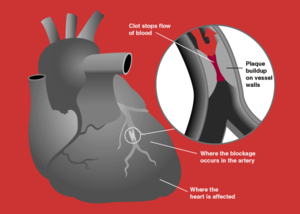





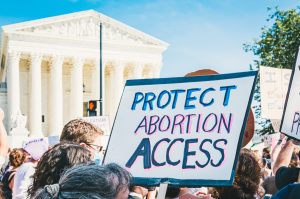
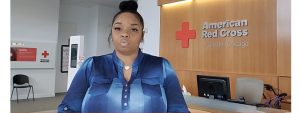
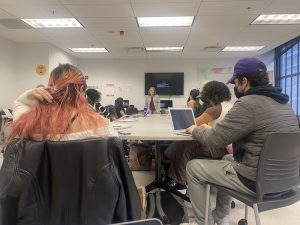
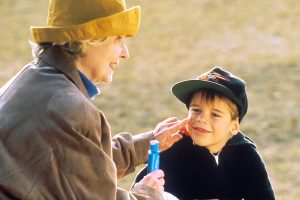
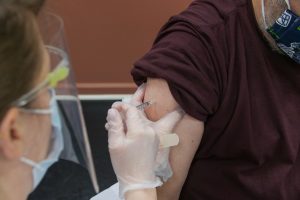
Be First to Comment